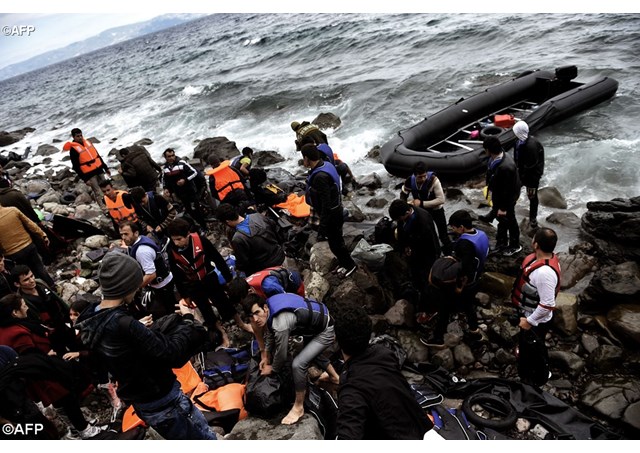 Since nuclear weapons testing began on 16 July 1945, nearly 2,000 have taken place. Early on, having nuclear weapons was seen as a measure of scientific sophistication or military might, with little consideration given to the devastating effects of testing on human life, let alone the dangers of nuclear fallout from atmospheric tests. Hindsight and history have shown us the terrifying and tragic effects of nuclear weapons testing, especially when controlled conditions go awry, and in light of the far more powerful and destructive nuclear weapons that exist today.
Since nuclear weapons testing began on 16 July 1945, nearly 2,000 have taken place. Early on, having nuclear weapons was seen as a measure of scientific sophistication or military might, with little consideration given to the devastating effects of testing on human life, let alone the dangers of nuclear fallout from atmospheric tests. Hindsight and history have shown us the terrifying and tragic effects of nuclear weapons testing, especially when controlled conditions go awry, and in light of the far more powerful and destructive nuclear weapons that exist today.
The human and environmental tragedies that are the result of nuclear testing are compelling reasons for the need to observe the International Day against Nuclear Tests – a day in which educational events, activities and messages aim to capture the world’s attention and underscore the need for unified efforts to prevent further nuclear weapons testing.
The international instrument to put an end to all forms of nuclear testing is the 1996 Comprehensive Nuclear-Test-Ban Treaty (CTBT), unfortunately, this has yet to enter into force.
On 2 December 2009, the 64th session of the United Nations General Assembly declared 29 August the International Day against Nuclear Tests by unanimously adopting resolution 64/35. The resolution calls for increasing awareness and education “about the effects of nuclear weapon test explosions or any other nuclear explosions and the need for their cessation as one of the means of achieving the goal of a nuclear-weapon-free world.” The resolution was initiated by the Republic of Kazakhstan, together with a large number of sponsors and cosponsors with a view to commemorate the closure of the Semipalatinsk Nuclear Test site on 29 August 1991. The Day is meant to galvanize the United Nations, Member States, intergovernmental and non-governmental organizations, academic institutions, youth networks and the media to inform, educate and advocate the necessity of banning nuclear weapon tests as a valuable step towards achieving a safer world.
2010 marked the inaugural commemoration of the International Day against Nuclear Tests. Each year, since then, the day has been observed.
Source: Text & Image: UN
